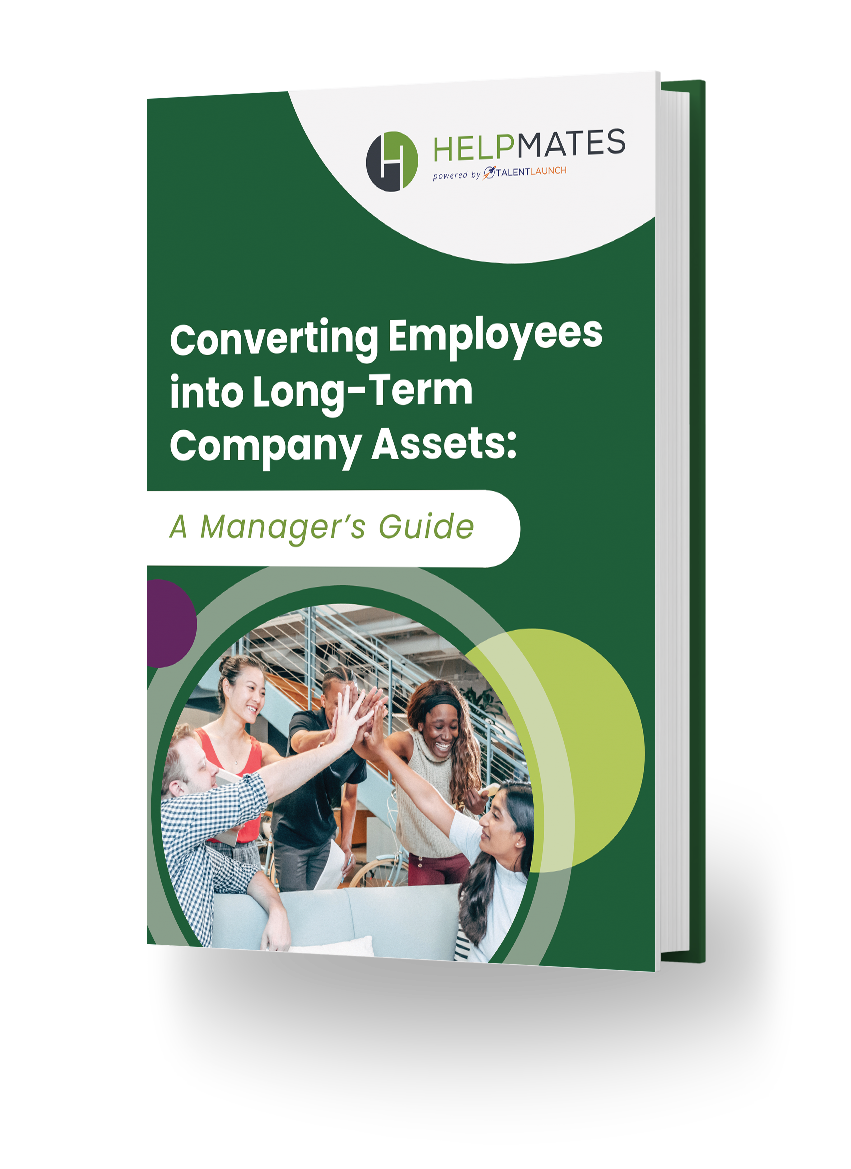Recruiting Has Changed Forever (Even After the Pandemic Ends)
As we enter week five of California’s “stay-at-home” order we’ve noticed some major changes in recruiting:
- Video interviewing
- Many job openings turning from working at the employer’s location to working at home.
- Thousands of businesses closed and millions of people laid off.
And while we all look forward – do we EVER! – to social distancing restrictions easing, there are some things about recruiting that may never change.
Here are a few of the current recruiting processes and habits we feel will continue, and why
- Job interviews via video
Interviewing via video was growing considerably before the pandemic. (It actually became popular during the last downturn in 2008.) It’s pretty much standard operating procedure for all job interviews now and we don’t see it changing much moving forward.
This will be especially so for screening interviews and possibly even for first “in person” interviews.
We also think the use of psychometric testing will grow as a way to screen candidates (in order to cut back on unnecessary interviews).
(An additional interesting side note: staffing and recruiting companies may start training their candidates for these “new” types of interviews as part of their work to ready their candidates for interviews with the recruiting agency’s clients.)
- It will remain a candidate’s market for highly skilled workers; an employer’s market for lower-skilled positions.
It’s pretty much an employer’s market now as many businesses have closed and millions of workers have lost their jobs. But that may change as hiring needs grow back….for those with highly sought-after skills such as those in healthcare, tech, engineering and highly-skilled manufacturing and possibly even in construction.
But lower-skilled positions such as clerical, distribution, customer service, janitorial, caregiving, etc.? We think the market for these positions may turn from a candidate’s to an employer’s, even after the economy recovers.
- All of us will think of work and careers differently.
Many of us – both employers and workers – will discover that we can work for home. This can turn into a great way to reclaim some work-life balance for overly stressed employees.
The pandemic also is making us think far differently regarding how our work lives and our home lives mix….or how well they don’t. We may rethink the entire concept of career such that working 10 or 12 hours a day and being always available so that we can “get ahead” at the expense of our families and our own health no longer appeals to many of us.
As we stay at home, not able to go anywhere or do much of anything except work from home, shop for food, help our kids with school work, etc. could mean we realize how little in consumer goods and the “next big thing” we truly need in order to be happy. Many of us may turn down positions that “require” work hours beyond 40 a week.
Only time – and the pandemic’s trajectory – will tell, of course. But the integration of work with a rich home life well could become the new “must have” for many of us.







